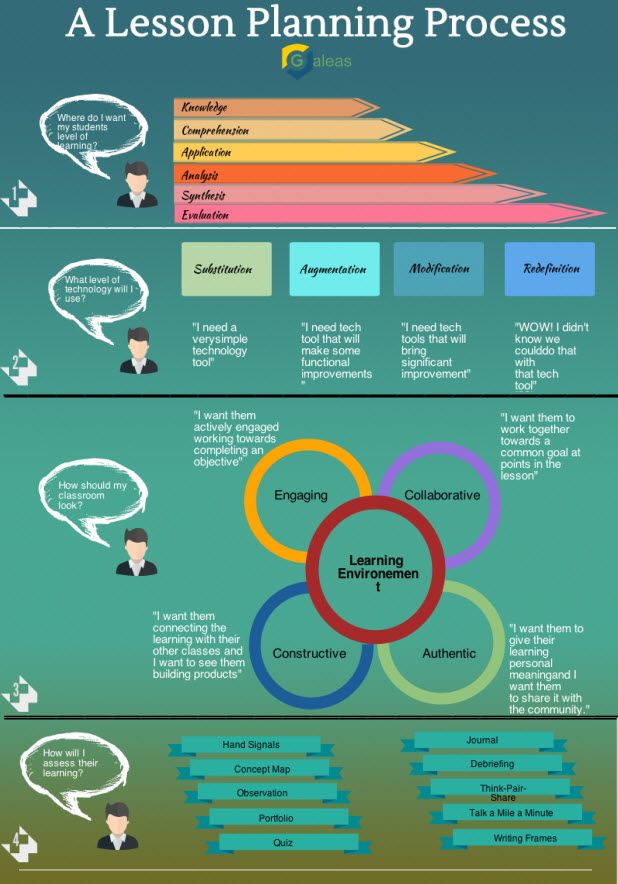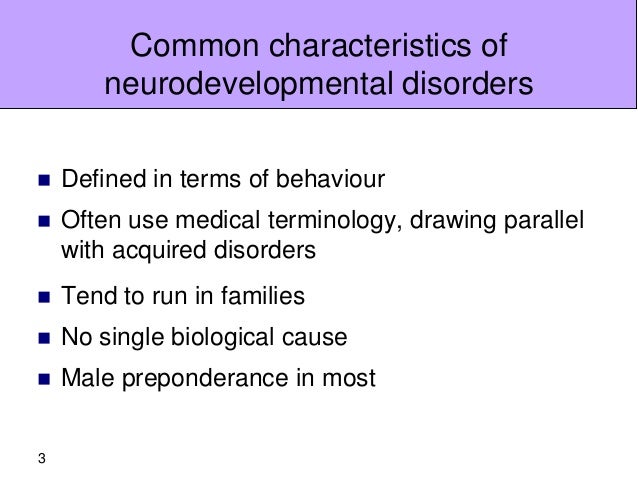How to humiliate a narcissist
How to Humiliate an Absolute Narcissist
Throughout history, individuals and groups have fallen for an easy way out of life’s complications by just pretending that they can do no wrong. Moment to moment, challenge to challenge, they’ll grab any bogus rationalization that they pretend beats all challenges to their absolute authority.
It can happen to any of us depending on appetites, aptitudes, and opportunities. Indeed, as psychologist Craig Malkin rightly points out, some narcissism is a good thing. But here the focus is on people who fall all the way into it: Absolute narcissists.
Confirmation bias, the universal impulse to embrace only what affirms us and dismiss all that challenges us is a problem we all must learn to manage. Absolute narcissists instead treat confirmation bias as the solution to all of their problems.
Being an absolute narcissist takes discipline of a peculiar kind, the discipline to be completely undisciplined, no consistency in their relentless and bogus rationalizations, the discipline to say in response to everything “that proves I’m right” with no attention to reality, or the meaning of the things they say since all that matters is keeping up the appearance of winning, acting like a robot programmed to pretend to beat every challenge, an algorithm for sorting all wins to themselves and all loses to whoever challenges or threatens their authority. To be an absolute narcissist, one needs to know nothing but how to act like an absolute know-it-all. No wonder it has been such a tempting option throughout the ages.
For an absolute narcissist to stay on message, there can’t be a message other than a relentless “See? I win!” Still, to conceal their egomania, absolute narcissists have to pretend that they have some moral message. They, therefore, cloak themselves in whatever fake crusade justifies declaring total war against all of their competition. Their fake crusade distracts their competition, people who take the meaning of words seriously and are trying to figure out what’s right.
Throughout history, absolute narcissists have proven again and again that one doesn’t need a vision, just the pretense of one. Like all con artists, they can fake a good winning streak and garner a following of gullible people who want in on the streak. Thus, throughout history, there have also been absolute narcissist epidemics, cults, thrilling at having discovered a way to escape reality just by treating their confirmation bias as a solution to all their problems.
Absolute narcissists are exhibitionists. They sidle up as if for normal human conversation. When they’ve got you hooked, they open their trench coats and show off their stiff little absolute invincibility. They do so with confidence because they know they can win no matter how you respond. They’re ready for your reaction whatever it may be. If you scold them, they’ll call you a prude. If you walk away, they’ll call you a chicken. If you try to be nice to them, they’ll call you a wimp. If you act out, they’ll call you upset. If you attack them, they’ll scold you for being uncivil. They’ll posture automatically and robotically any which way to maintain their false appearance of invincibility.
No society has ever found an antidote to an absolute narcissist epidemic. Instead, the epidemics have died eventually simply because no one can pretend they’re righter than reality forever. Such movements eventually lose their battle against reality, though often causing mass destruction in the process. The most likely cause of humankind’s eventual extinction is runaway confirmation bias of absolute narcissist movements whether through world domination or the conflagration that results from infallibility battles between opposing absolute narcissist movements.
The most likely cause of humankind’s eventual extinction is runaway confirmation bias of absolute narcissist movements whether through world domination or the conflagration that results from infallibility battles between opposing absolute narcissist movements.
The challenge that has eluded humankind all along is this: How do you stop absolute narcissism? How do you stop people and movements whose only goal is remaining unbeatable? Here are some curiously untried suggestions:
Don’t try to persuade an absolute narcissist. Instead, humiliate them, cut them. Make them bleed in any exchange with others listening in, whether face to face or in a Twitter exchange. Talk past them to the audience. He’s just a specimen of mindless mechanical pretend invincibility. “See what they did there?”
How do you cut them?
Absolute narcissists are one-trick phonies. Focus doggedly on their one trick: “See what they did? They’ll say anything to jerk themselves off into feeling like a winner, like some scummy little exhibitionist. ”
”
The absolute narcissist will retaliate and yet, having only the one trick, everything they say will confirm your accusation. Respond with “Look, they did it again.” Be relentless and don’t fall for any of the distractions they throw up as their smokescreen. They don’t care about substantive debate except as an excuse for pretending everything that challenges them is wrong. Don’t be confused.
Leave your subjective morality out of it. Don’t scold by your personal standards. Whatever your standards, an absolute narcissist will make you wrong for having them. There’s really only one moral issue and its universal: No one beats reality. Reality, which absolute narcissists don’t care about at all, beats all absolute narcissists no matter how insistent their pretense of ruling reality.
There’s no need to defend yourself. Absolute narcissists will try to ensnare you in your own moral doubts by pretending they care about moral standards they care nothing about. They operate on
defaulty logic. If they can find any fault in you, that proves that they are faultless by default. They blare their morality police siren so loud they don’t have to hear their own hypocrisy. Don’t let yourself be ensnared. Be proud of your human fallibility and shame them for pretending to be superhumanly infallible.
If they can find any fault in you, that proves that they are faultless by default. They blare their morality police siren so loud they don’t have to hear their own hypocrisy. Don’t let yourself be ensnared. Be proud of your human fallibility and shame them for pretending to be superhumanly infallible.
For example, if they play prude, saying, “Don’t be a mean name-caller,” say to the audience, “This fool doesn’t even notice that name-caller is a name. We all name call. We’re all mean sometimes. I’m trying to name call with precision, and I’m mean where I think meanness is earned. This absolute narcissist doesn’t care about name-calling or meanness. They pretend to care when it helps them pretend they’re eternally right and righteous. Pitiful.”
And then flip it to ensnare him. Call them things that you don’t think are universally bad. Say they’re just masturbating in public. When they try to deny it as though masturbation is bad, laugh at them for their prudishness.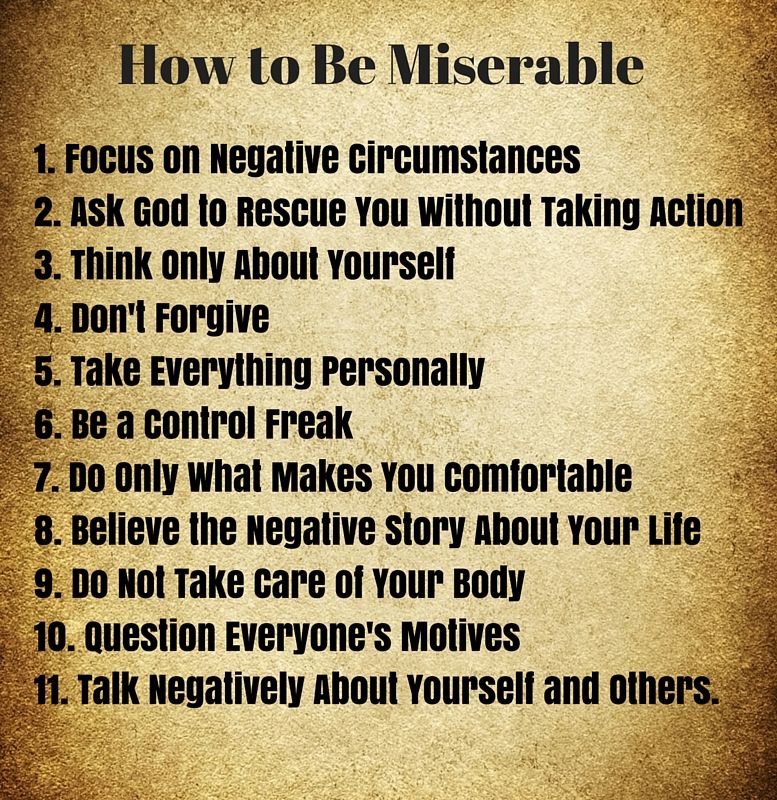 Tease, ridicule and shame them mercilessly for not trying to figure out right from wrong, instead, pretending to have it all figured out.
Tease, ridicule and shame them mercilessly for not trying to figure out right from wrong, instead, pretending to have it all figured out.
Stay calm, even friendly, to the person cowering inside their absolute narcissistic fake infallibility cloak. Stay light, even humorous. It’s nothing personal. Anyone can become an absolute narcissist. They think they’re special. Far from it. They’re just another in a long line of people for whom reality is too scary to face and too easy to dismiss.
Don’t be distracted by your own judgmental labeling as if calling someone an absolute narcissist is condemning them to a life sentence. A narcissist is a gloat-aholic, absolutely addicted to the gloating lifestyle. You're intervening because you are optimistic that they could get over their addiction. They'll deny it and scold you for calling them names. That's no different from an alcoholic taking umbrage at being called an alcoholic. The irony is that you're more hopeful than the absolute narcissist.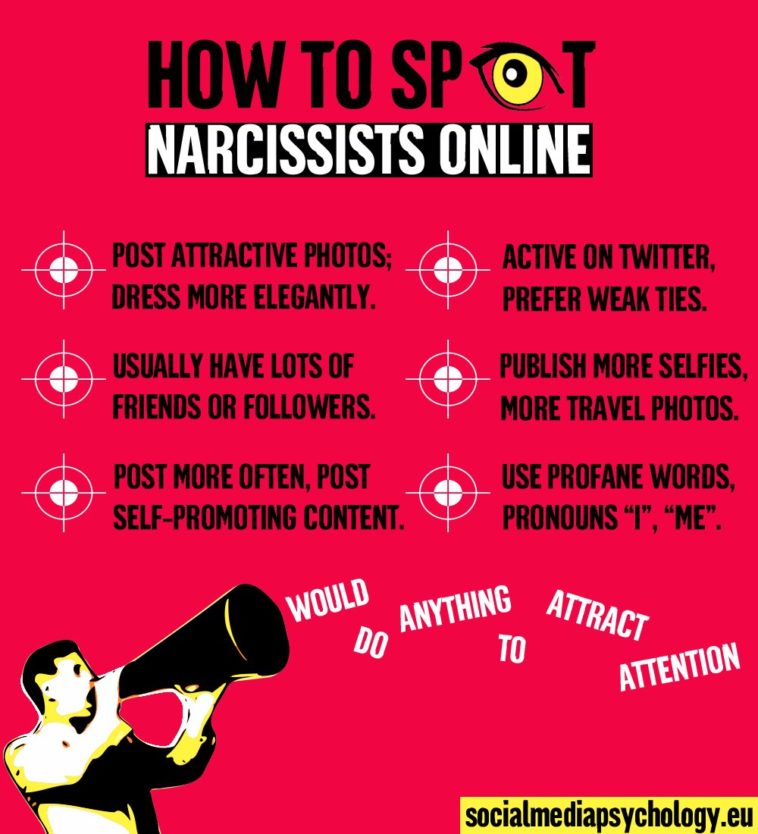 You believe they could drop their robotic self-aggrandizement and rejoin humankind. To you, it's a deadly lifestyle they could drop. To them, it's their very essence, unchangeable. If anyone thinks their condition is permanent, it's the absolute narcissist, not you.
You believe they could drop their robotic self-aggrandizement and rejoin humankind. To you, it's a deadly lifestyle they could drop. To them, it's their very essence, unchangeable. If anyone thinks their condition is permanent, it's the absolute narcissist, not you.
Exhibit confidence not born of some strategic posture you have to try to sustain through all of the absolute narcissist’s maneuverings but from your gut opposition to all absolute narcissists because they pretend they’re God, masters of, and not subject to reality. If an absolute narcissist tried to seduce you by pandering to your every care and commitment, you’d try to cut them too. You’re not fighting against what the absolute narcissist believes. They don’t have beliefs in anything other than their own absolute infallibility. Rather, you’re fighting in opposition to all absolute narcissism. You’re a fallible human trying to adapt to our rapidly changing reality – just as the narcissist would be if he hadn’t fallen for the oldest, cheap trick in the book.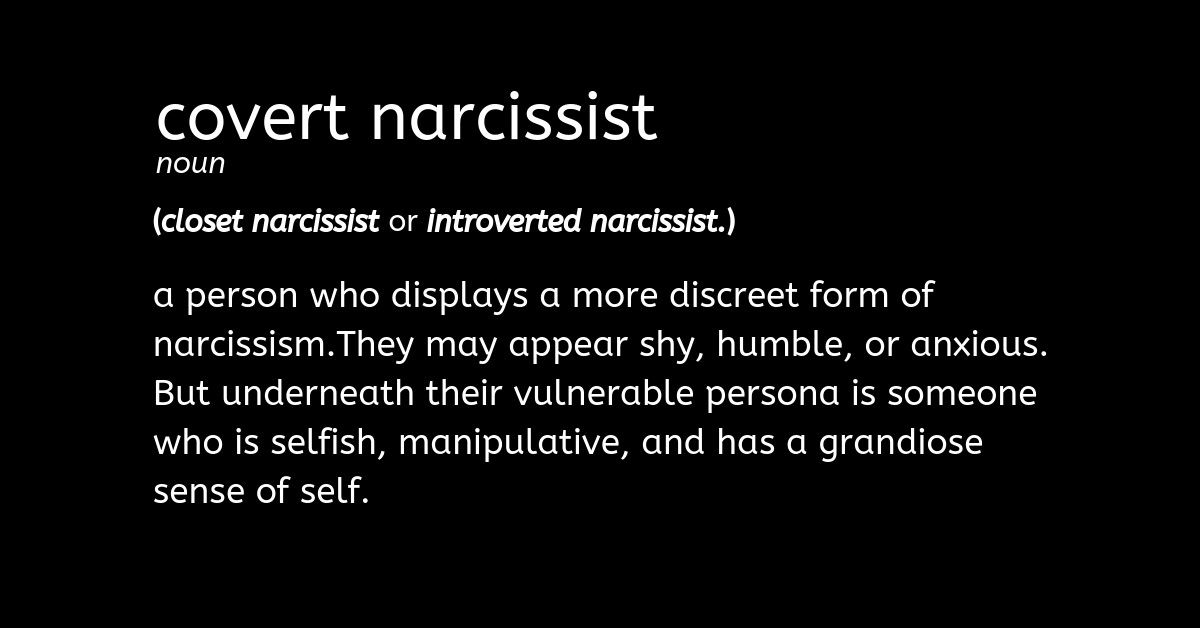 Life is and has always been trial and error, iffy guesswork. Be proud of your ever-learning guesswork.
Life is and has always been trial and error, iffy guesswork. Be proud of your ever-learning guesswork.
Don’t let the narcissist turn the debate into a win all/lose all battle for fake infallibility where if you admit to your humanness, that you're suddenly proven eternally absolutely wrong about everything and they’re vindicated, suddenly proven eternally absolutely right about everything. No one is infallible and anyone who pretends to be deserves a swift, sharp kick. Kicking them doesn’t mean you’re infallible. Don’t play along. Everyone is fallible.
Fallibilism has always won because reality isn’t impressed by narcissistic strutting. Reality will do what it does and all we can do is our human best to learn how to deal with it, starting with learning how to shut down know-nothing, know-it-all narcissists who pretend they’re done learning.
With absolute narcissists, it’s not that the emperor has no clothes. It’s that the emperor is nothing but clothes, a suit of armor with nobody home. You can embarrass that empty suit in front of an audience. That’s how you shame a narcissist back to their fallible human senses.
You can embarrass that empty suit in front of an audience. That’s how you shame a narcissist back to their fallible human senses.
Here's a video identifying the range of moves used by absolute narcissists.
Here's an audio illustration of how to apply the techniques described here.
What is the Worst Thing You Can Do to a Narcissist?
The relationship started out great – they were charming, affectionate, and never stopped telling you how much they loved you.
Just a short while later, they became distant, and then came the insults, gaslighting, and emotional blackmailing. They were not the partner you fell in love with and now it seems that this narcissist is actively trying to destroy you.
You just can’t take it anymore and are tired of feeling powerless. It’s time to fight back. So what is the worst thing you can do to a narcissist…?
Table of Contents:
- How do you Humiliate a Narcissist?
- What drives a Narcissist Insane?
- The Worst Thing to do to a Narcissist…
- Types of Narcissists and how they Differ
- What NOT to do to Narcissists?
- What is the Ultimate Revenge?
How do you fight someone that doesn’t operate on a normal emotional level though? Can you really ever make them feel the same pain they’ve made you feel? Moreover, is getting revenge on them something that’s healthy for you?
In this article I will describe exactly what words hurt a Narcissist the most and what the best method is to get your ultimate revenge on them. But first let’s discuss the weaknesses of the Narcissist
But first let’s discuss the weaknesses of the Narcissist
How Do You Humiliate a Narcissist?
It’s actually not all that difficult. Despite their confident exterior, narcissists are nearly always worried about what others think of them. Narcissists have zero sense of self-worth or resilience, so every negative outcome feels humiliating for them.
If you want to cut to a narcissist’s emotional core, make them look bad in public. Try challenging their opinions, ignoring their commands, or laughing at their misfortunes and they’ll fly into a narcissistic rage.
Unfortunately for you, the narcissist’s only option for regaining their sense of self-worth is to attack the party that has injured it. By destroying your credibility and confidence, they put themselves back on top.
Non-narcissistic individuals are often humbled by humiliations; they take a negative situation and use it as a chance to learn and grow. This almost never happens for narcissists, so any happiness you might get out of humiliating them will be offset by the retaliation that follows.
What Drives a Narcissist Insane?
Narcissists have but one goal – get more narcissistic supply. They crave praise, admiration, and a feeling of control over their life. While most people can regulate their feelings of self-worth internally, the narcissist relies completely on outsiders for this validation.
In some ways, this makes narcissists one of the easiest personalities to understand. When they have a steady source of supply, they’re happy as can be. When they don’t, they’re abusive, conniving, and cold.
Reading Suggestion: How Dating a Narcissist Changes You
Thus the easiest way to enrage a narcissist is to take away their narcissistic supply. Stop complimenting them, don’t be submissive or agreeable, and don’t do anything for them that could be seen as ego-boosting.
When you do this, the narcissist has no further use for you and will either discard you or do everything in their power to pull you back into the supply-providing role.
The problem is that even when you’re doing everything right by the narcissist, it isn’t always enough. You’re providing plenty of supply, but it just isn’t satisfying them the way that it used to. However, if you’re intent on pushing a narcissist away, these are some of the best ways to go about it.
What is the worst thing you can do to a Narcissist?
For the sake of argument, let’s say you want to get a little payback after enduring frequent episodes of narcissistic abuse. These tactics are sure to get them riled up but beware of the consequences that will ensue.
1. What Words Hurt a Narcissist the Most?
You might be wondering what words you should use to hurt or humiliate a Narcissist. But what hurts a narcissist more is using No words at all.
Narcissists use this one all the time; it’s designed to make you work for their attention and it is called Silent Treatment. It is so effective because the silent treatment is only obvious to you and the narcissist.
No blowout fights at the grocery store, no hurling insults in front of friends, just scornful non-verbal communication that makes the other person feel terrible.
Narcissists interpret silence as a form of disrespect; the silent partner gains power by not needing to express their displeasure out loud. Turning a narcissist’s preferred tactic around is doubly insulting.
Going silent could very likely send them into a narcissistic rage – screaming, insults, and possibly physical aggression. It’s dangerous territory to be in, so silence shouldn’t be used lightly.
If you’re thinking about using the silent treatment, it’s best to walk away from the narcissist and the relationship. It’s almost certainly irreparably broken, as there’s not much to salvage after a breakdown in communication.
2. Out Compete Them
Narcissists need to be seen as the best at everything, in their career, relationships, health, etc. A sure-fire way to make them angry is to show them up in any of these areas.
You don’t need to be blatant about it either, narcissists are always making comparisons, so they’re sure to find out when you’re doing better than them in some way.
Oftentimes, you won’t even know that you’ve made them feel inferior, your first clue will be them putting you down. This is how they regain their position of power.
Their feelings of inferiority are especially noticeable after a breakup (or a discard initiated by them). The narcissist wants to know that you’re doing poorly, that you need them to feel complete.
When that doesn’t happen, they have two options for recourse: bringing you down or turning on their charm in hopes of driving you back into the relationship. Don’t fall for either of these – the narcissistic personality isn’t gone, they’ve just changed how they’re presenting it.
3. Walk Away from the Fight
A fight is never complete for someone with narcissistic personality disorder until they’ve achieved complete submission from their opponent. You can’t find common ground or agree to disagree; they need to win.
You can’t find common ground or agree to disagree; they need to win.
Walking away from a narcissist’s abuse (and staying away) is the healthiest thing you can do for yourself. A narcissist won’t let you have the final word though, they will almost certainly try to pull you back into the relationship.
Going no contact after you walk away from a fight is the best way to leave the narcissist and their abusive behavior in the past.
Types of Narcissists and How They Differ
All narcissists need attention and praise, but how they manifest this need can differ widely. There are four main types of narcissistic personality disorder and each of them will respond differently to criticism and you standing up for yourself.
Grandiose Narcissists
These are the people we typically think of as narcissists: high self-esteem extroverts that can be quite charming and often excel in leadership roles.
Of course they also lack empathy for others and lash out when anyone challenges them, but overall they’re capable of normal and having forming personal relationships, albeit rather shallow ones.
Trying to hurt a grandiose narcissist usually results in belittling behaviors that are designed to boost their ego.
Communal Narcissists
Helpful, outgoing, and generally warm towards others, communal narcissists aren’t even on most people’s radar. While the typical narcissist is interested in money, power, and sexual conquest, the communal narcissist only wants to be seen as the most helpful person in a group.
Sounds great, right? Not exactly, the desire to be needed and seen as needed can result in toxic relationships that aren’t based on mutual trust and respect. Communal narcissists will play up their victimhood should you ever question them.
Vulnerable Narcissists
Not all narcissists are extroverts, some are incredibly insecure and are willing to show it. Vulnerable narcissists also project their negative feelings onto others and have a dim overall view of the world.
These individuals are hypersensitive to criticism and will lash out at you, even if you’re trying to help them.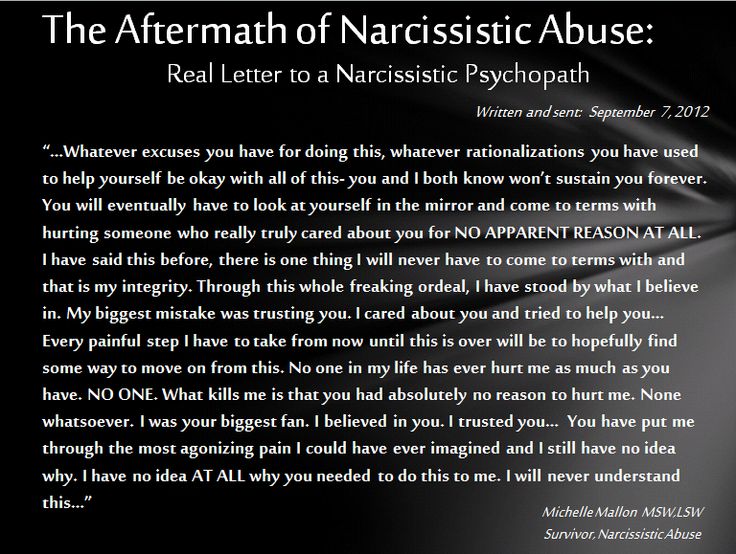
Malignant Narcissists
These are easily the most dangerous types of narcissists. Their personality disorder doesn’t stem from deep-seated neuroses or a grandiose sense of self, they simply thrive on creating chaos.
In many ways, they’re more psychopath than narcissist. Never attempt to get revenge on these types of narcissists; it will blow up in your face, sometimes violently.
Things NOT to Do with Narcissists
You’re trying to do the right thing; rather than lashing out or plotting revenge, you want to work out a peaceful solution with the narcissist.
Unfortunately, they’re likely to use your words and actions against you, even when you’re being amicable.
1. Appeal to their Empathy
If you’re asking for understanding and compassion from a narcissist, you’re barking up the wrong tree. Narcissists have a very one-dimensional view of the world, and it’s one where they can do no wrong and the world is out to get them. It’s an unfortunate effect of having very low self-esteem and no ability to regulate it.
When speaking to a narcissist, try to see their point of view and how they might be feeling hurt (no matter how warped it is).
2. Explain Yourself
This will always be a no-win situation for you. First off, did you actually do something wrong? Narcissists have a tendency to gaslight and manipulate your perspective of a situation, and it’s never in your favor.
You’re always doing something wrong and the narcissist is blameless.
When you explain your feelings, you’re not helping the narcissist to see your point of view – they’re not capable of that. Your emotionality gives them power, they’re learning how to manipulate you in future situations.
3. Open Up to Them
Empathetic people often believe that if they offer vulnerability, it will be returned in kind. That’s seldom the case with narcissists, who suck up vulnerability like a sponge and then use it to inform their abusive behaviors.
Narcissists will never come forward with their own feelings, it’s too painful to show that side of themselves. Occasionally a narcissist will cry a few crocodile tears because it’s advantageous to them, but this isn’t true vulnerability. More often than not, it’s a way to extract narcissistic supply.
Occasionally a narcissist will cry a few crocodile tears because it’s advantageous to them, but this isn’t true vulnerability. More often than not, it’s a way to extract narcissistic supply.
4. Make Them Feel Guilty
It’s simply not possible. Narcissists are so self-absorbed that they can’t see past their own feelings. They might say they feel sorry or ashamed for their actions, but only because they’ve learned that contrition is an effective method for getting what they want.
In most cases, shaming a narcissist causes the situation to get turned around on you. They’ll blame you for their actions or play up their victimhood and make you the aggressor.
Should You Actually Take Revenge on a Narcissist?
The tactics mentioned above feel tempting after you’ve experienced months or even years of psychological abuse. Just imagine how satisfying it would be to humiliate the narcissist in front of his friends or colleagues. The thought of it feels amazing, right?
That feeling will be very short-lived; narcissists always have more time and energy to spend on hurting you than you do on hurting them. Their life goal is to receive praise and admiration while crushing those that won’t give it to them.
Their life goal is to receive praise and admiration while crushing those that won’t give it to them.
If you make a point of causing narcissistic injury, you better believe the narcissist will come back at you with everything they’ve got.
It could start with a smear campaign, whispering rumors to friends, family, or colleagues. They’ll play the victim and make you out to be a villain in this toxic relationship. The narcissist is trying to regain control of the situation by breaking you down.
So what can you do? Just knuckle under and accept the abuse? Of course not, but instead of striving for the temporary joy of humiliating a narcissist, focus on the long term and how you can find peace.
That’s usually accomplished by excising the narcissist from your life completely.
Easier said than done – narcissists pursue their supply sources, sometimes with love bombing (positive reinforcement) and sometimes with smear campaigns (punishment).
In any case, the only way to win against a narcissist is to never play their game. Walk away and never look back at these toxic people.
Walk away and never look back at these toxic people.
Are You Interested in The Following Topics?
Last Updated on August 15, 2022 by Alexander Burgemeester
Toxics, narcissists and gaslighters: simple tricks to counter them
Understand
Shahida Arabi has been studying behavior strategies for victims of bullying and abusive behavior for several years. She is the author of several bestselling books on how to stop manipulators, gaslighters, and narcissists from doing what they are so good at. Summer at the publishing house "Mann, Ivanov and Ferber" her book Toxic People is out. Inc. publishes an excerpt.
Pointless arguments and distractions in conversation
Malignant narcissists use many distractions in conversation to unsettle you and drag you into their chaos.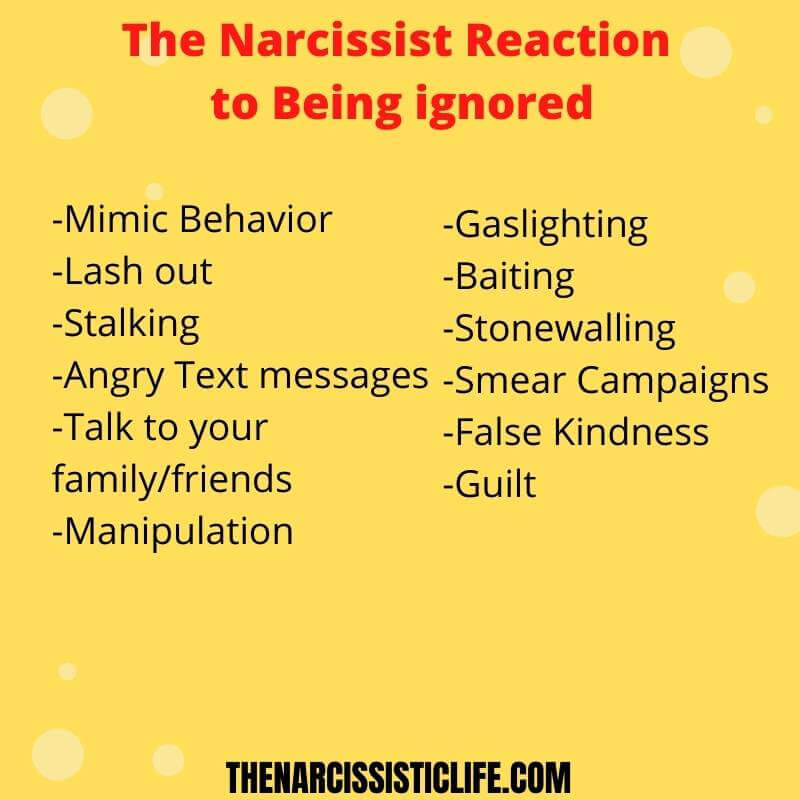 These may include the following tactics:
These may include the following tactics:
Passing on personalities and undermining reputation. When narcissists cannot logically refute your argument or point of view, they resort to personal attacks: use illogical reasoning, insults, projection, and gaslighting to confuse and confuse you if you just disagree or challenge them. This is done in order to discredit and confuse you, divert you from the main problem and make you feel guilty about the fact that you are a living person with thoughts and feelings that are different from their own. Ten minutes of arguing with a narcissist is enough, and you are already wondering how you even got involved in this. You just expressed disagreement with his ridiculous statement that the sky is red, and now your entire childhood, family, friends, morality, career and lifestyle are mixed with dirt. This is because your disagreement conflicts with his false belief that he is all-powerful and all-knowing, threatening his inflated ego and sense of his own superiority. Instead of responding to your arguments, he attacks your personality.
Instead of responding to your arguments, he attacks your personality.
How to resist becoming personal. By far the best reaction is none, but if for some reason you are forced to respond to the narcissist's attacks, don't fall for his red herrings. Repeat the facts and let him know that personal attacks are not relevant. Stop this conversation if possible. You do not have to explain to an adult how to be a worthy person. Remember: toxic people are not arguing with you, they are, in fact, arguing with themselves, and you are just an accomplice in their long, exhausting monologue. They love drama and live to create chaos. By trying to find an argument to refute their ridiculous claims, you are providing narcissistic reinforcement. Don't feed the narcissists - better realize that the problem is not with you, but with their abusive behavior. Stop communicating as soon as you feel the first signs of an escalation of the situation, and spend your energy on self-care and self-defense.
Labeling. As you know, daffodils make an elephant out of a fly in case of any threat to their superiority. In their reality, only they can be right, and anyone who dares to disagree will become the cause of narcissistic rage. According to psychiatrist Mark Goulston, this is not a result of low self-esteem, but a sense of permissiveness and a false sense of superiority. He writes: “In the eyes of the narcissist, the whole world must approve, adore, obey and agree with him. Anything less is perceived as an attack, which, in the opinion of the narcissist, he is entitled to respond with anger. For the most base representatives of this type, rage takes the form of labeling when they fail to influence your opinion or emotions in any other way. They feel entitled to humiliate and call you names. Name-calling is a quick and easy way to humiliate your intelligence, appearance or behavior, while depriving you of the right to be a person with your own opinion. This tactic can also be used to criticize your beliefs, opinions, and ideas. Your personal life experience, reasoned point of view, or reasoned opinion suddenly becomes "stupid" or "idiot" in the hands of an aggressive narcissist who feels threatened but can't really object. Narcissists insult your intelligence to cover up their incompetence. Instead of attacking your arguments, the narcissist attacks you in every possible way to undermine your authority and question your intelligence.
This tactic can also be used to criticize your beliefs, opinions, and ideas. Your personal life experience, reasoned point of view, or reasoned opinion suddenly becomes "stupid" or "idiot" in the hands of an aggressive narcissist who feels threatened but can't really object. Narcissists insult your intelligence to cover up their incompetence. Instead of attacking your arguments, the narcissist attacks you in every possible way to undermine your authority and question your intelligence.
How to resist labeling. It is important to stop any offensive interaction and convey to the opponent that you do not intend to tolerate this. The situation will only get worse. Do not take it personally: understand that a person resorts to insults only because he does not know other, more worthy ways of communication. You can do the following:
- If labeling is frustrating for you, use mindful breathing techniques to calm yourself and focus on the best ways to protect yourself in your circumstances.
- If a family member or partner uses this tactic against you during a discussion, say firmly that you are not going to tolerate such disrespect and end the conversation safely.
- If this is happening in the context of harassment or harassment by a former partner, save the evidence in case it is needed to file a criminal case.
- If you are labeled in a professional environment, consider whether you can bring this to the attention of your superiors.
- If you encounter an incident on the Internet, report it to the relevant social network service and block the aggressor. Save screenshots if the person continues the cyberstalking.
Large-scale generalizations. Instead of dealing with real problems, narcissists prefer to make sweeping generalizations if we dare to claim mistreatment. These generalizations include exaggerating your hypersensitivity or sweeping statements like "You're never satisfied" or "You're always overreacting.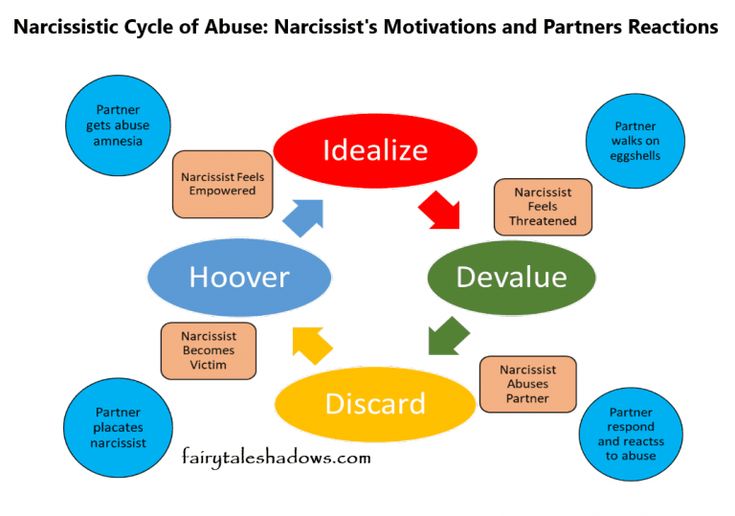 " This tactic can be especially powerful with empathic people, as it uses gaslighting to instill the idea that our hypersensitivity is the problem, not their violence. And while you can be overly sensitive at times, it's much more likely that a destructive person is insensitive and cruel most of the time.
" This tactic can be especially powerful with empathic people, as it uses gaslighting to instill the idea that our hypersensitivity is the problem, not their violence. And while you can be overly sensitive at times, it's much more likely that a destructive person is insensitive and cruel most of the time.
How to deal with big generalizations. Toxic people who wield superficial statements do not represent the fullness and all the nuances of reality. They express a distorted point of view based on their own self-centered intentions. Stick to the truth and try to resist generalizations, because this is just a form of completely illogical black and white thinking. Depending on how receptive you think the person is to feedback, you might say, "You're generalizing. There were many examples of the opposite." However, the more toxic the person, the more likely you are to get bogged down in pointless arguments designed to throw you off balance. Try not to fall into this trap, but stick to the primary statement you are trying to convey and end the conversation if the person stoops to personal attacks.
Try not to fall into this trap, but stick to the primary statement you are trying to convey and end the conversation if the person stoops to personal attacks.
Deliberately distorting your point of view to the point of absurdity. If you dare to disagree with a narcissist, your differences of opinion, emotions, and real experiences turn into character flaws and "evidence" of your irrationality and inability to think critically. This common cognitive bias is called "mind reading." Toxic people claim to know your thoughts and feelings. They regularly jump to conclusions based on their own reactions instead of rationally assessing the situation. These discrepancies may be based on their own illusions and delusions, as well as the need to purposefully unsettle you and divert attention from the problem. Narcissists make up all sorts of tall tales that distort your real words, and as a result, your thoughts look absurd or just monstrous. Instead of acknowledging your emotions, the narcissist distracts you with unimaginable accusations.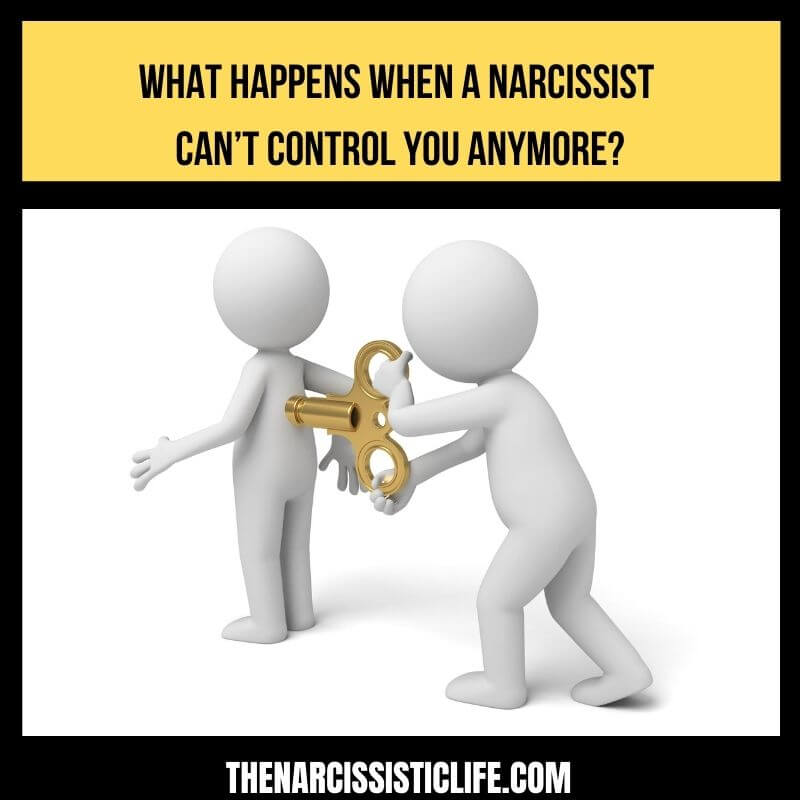 For example, you point out to a toxic partner that you don't like their way of communicating. In response, he distorts your words: “And you, then, are perfection itself?” or “So you think I’m bad?” - although you just expressed your feelings. Or he may begin to criticize your character, saying: “So you mean to say that I should not have an opinion. You love to be in control too much!” This gives them the opportunity to revoke your right to think and feel about their inappropriate behavior and instills guilt in you when you try to set boundaries.
For example, you point out to a toxic partner that you don't like their way of communicating. In response, he distorts your words: “And you, then, are perfection itself?” or “So you think I’m bad?” - although you just expressed your feelings. Or he may begin to criticize your character, saying: “So you mean to say that I should not have an opinion. You love to be in control too much!” This gives them the opportunity to revoke your right to think and feel about their inappropriate behavior and instills guilt in you when you try to set boundaries.
How to respond to such distortions. The best way to draw a clear line is to repeat, if necessary, “I didn’t say that. Don't speak for me." If the person continues to accuse you of things you didn't do or say, end the conversation. Don't let the toxic person shift the blame and divert the conversation away from their own destructive behavior or make you feel ashamed for daring to speak the truth.
If you cannot avoid interacting with someone (for example, at work), briefly and to the point describe what you did or said and end the conversation.
Change of subject to escape responsibility. I call this maneuver the “And you?” syndrome. It implies a digression from the topic under discussion in order to direct attention to a completely different one. Narcissists don't feel like discussing their personal responsibility, so they divert the conversation to avoid the consequences. Do you complain that he does not devote time to children? He will remind you of the mistake in their upbringing that you made ten years ago. Are you making it clear that his lies are unacceptable? He will mark the moment when you resorted to innocent deception in order not to attend a family event. This maneuver has no temporal or thematic limits and often begins with the words: “What about the time you did it?”
How to avoid this maneuver. Don't get distracted. If the toxic person tries to switch things up, use the broken record method described above: keep repeating the facts without going off topic. Move the arrows back, say: “I'm not talking about that now. Let's concentrate on the problem that is relevant at the moment."
Don't get distracted. If the toxic person tries to switch things up, use the broken record method described above: keep repeating the facts without going off topic. Move the arrows back, say: “I'm not talking about that now. Let's concentrate on the problem that is relevant at the moment."
Lure and feigned innocence. Toxic people create a false sense of security in order to be even more destructive in their cruelty. Common tactics include provocative remarks, hurtful jokes, labeling, offensive accusations, and unfounded generalizations. A toxic partner may make a casual comment about a co-worker's good looks or make an inappropriate joke about wanting to have an affair. This is a ploy to test your reaction. Once such a person drags you into a senseless, random quarrel, and it will grow like a snowball, because he does not know sympathy and remorse for tactless behavior. Ordinary disagreement can be a bait, and even if you initially hold back as politeness, you will quickly realize that it is driven by a malicious desire to humiliate you. Hidden humiliation disguised as a joke is a way to get deep into your soul, while avoiding responsibility. Such aggressive injections under the guise of a joke skirmish allow the manipulator to say the most terrible things, while maintaining outward innocence and equanimity. However, every time you are outraged by an insensitive, blunt comment, you are accused of having no sense of humor. After all, it's just a joke! Not at all. This is a way to use gaslighting to make you think that such verbal abuse is just a joke: a way to distract you from your opponent's brutality at the expense of your receptivity. Having lured you with a seemingly innocent comment, they begin to play with your emotions. Remember: narcissists know your vulnerabilities, weaknesses, they know what unpleasant phrases will undermine your self-confidence and what topics will open old wounds. They use this knowledge to provoke you. After you swallow the bait whole, the narcissist will calm down and innocently ask if you're okay, assuring that he "didn't mean" to disturb you.
Hidden humiliation disguised as a joke is a way to get deep into your soul, while avoiding responsibility. Such aggressive injections under the guise of a joke skirmish allow the manipulator to say the most terrible things, while maintaining outward innocence and equanimity. However, every time you are outraged by an insensitive, blunt comment, you are accused of having no sense of humor. After all, it's just a joke! Not at all. This is a way to use gaslighting to make you think that such verbal abuse is just a joke: a way to distract you from your opponent's brutality at the expense of your receptivity. Having lured you with a seemingly innocent comment, they begin to play with your emotions. Remember: narcissists know your vulnerabilities, weaknesses, they know what unpleasant phrases will undermine your self-confidence and what topics will open old wounds. They use this knowledge to provoke you. After you swallow the bait whole, the narcissist will calm down and innocently ask if you're okay, assuring that he "didn't mean" to disturb you. This feigned innocence takes you by surprise and makes you believe he didn't really mean to hurt you, until it starts to happen so often that you can no longer deny his obvious intentional cruelty.
This feigned innocence takes you by surprise and makes you believe he didn't really mean to hurt you, until it starts to happen so often that you can no longer deny his obvious intentional cruelty.
How not to fall for the bait. Watch out if you are bothered by some rude comment, if someone is playing devil's advocate or inappropriately joking. There is usually a reason for this. This will help to understand at what point they are trying to catch you, and will allow you to stop communication as soon as possible. Trust your intuition: if even after the interlocutor has explained what was said, you feel that you have been humiliated, this is a signal to slowly comprehend the situation before reacting. Not everyone is able to express their disagreement respectfully. Remain vigilant and beware of a possible escalation of the conflict.
Instead of responding directly to the bait, say something like "That's interesting" and end the conversation.
This leaves almost no chance to continue the conversation and does not give the manipulator the emotional response he expects. Certainly, such situations will be repeated. Some toxic people will continue their provocation without even getting any emotional response. In this case, it is important to be able to stand up for yourself and make it clear that you will not tolerate such behavior and immediately end the conversation, finally breaking off the relationship.
Trying to answer manipulative people to their hidden provocations can lead to further gaslighting, but stick with your opinion that their behavior is not normal. Be firm by breaking contact with the person who provokes you and encourages you to an emotional reaction. Given your hypersensitivity, it cannot be said that you are "too" sensitive to the provocations of an insensitive person. Your reactions are justified. Trust yourself.
How to use the cleaning method when interacting with a narcissist
Description.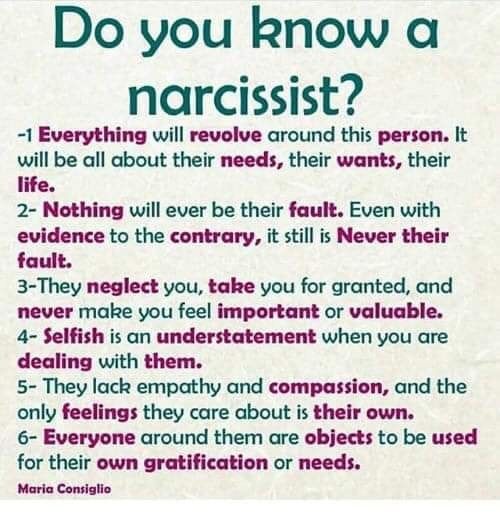 If you need to describe the situation to the narcissist, refrain from overly emotional statements and deal with facts, this will help avoid direct confrontation. If possible, use email or text messages to be able to save correspondence. Narcissists feed on your emotional reactions and love to provoke hypersensitive people. Less emotional receptivity is part of a larger technique known as the "grey stone method." It was invented by the victim of a psychopath - a blogger named Skylar. The essence of this technique is that you begin to play the role of an "inconspicuous gray stone" so that the narcissist stops noticing you and does not seek to actively manipulate you, similar to how a hunted animal pretends to be dead to avoid being pursued by a predator. Using less emotional language can help you a lot, because in this case, the narcissist will not get much return from you and will switch to a more accessible victim of provocation and manipulation. In this case, it is effective to use a calm, reserved, or even unemotional tone of voice when presenting facts, or to give short and dry answers when exchanging text or email messages.
If you need to describe the situation to the narcissist, refrain from overly emotional statements and deal with facts, this will help avoid direct confrontation. If possible, use email or text messages to be able to save correspondence. Narcissists feed on your emotional reactions and love to provoke hypersensitive people. Less emotional receptivity is part of a larger technique known as the "grey stone method." It was invented by the victim of a psychopath - a blogger named Skylar. The essence of this technique is that you begin to play the role of an "inconspicuous gray stone" so that the narcissist stops noticing you and does not seek to actively manipulate you, similar to how a hunted animal pretends to be dead to avoid being pursued by a predator. Using less emotional language can help you a lot, because in this case, the narcissist will not get much return from you and will switch to a more accessible victim of provocation and manipulation. In this case, it is effective to use a calm, reserved, or even unemotional tone of voice when presenting facts, or to give short and dry answers when exchanging text or email messages.
Clear wording. When you explain what the narcissist's behavior problem is, it's important to turn the attention away from yourself and onto the possible consequences. Example: "If you do not stop looking for contact with me, I will have to involve law enforcement." Or you can say directly: "Stop following me." You should do this by email or text message in order to be able to save the correspondence.
Use of boundaries. Express your wish directly, but only once via electronic communication channels. For example, if a married man is looking for communication with you, you can write to him: “I do not start relationships with married people. Please don't mess with me again." If he continues to disturb you, you can block his number and social media accounts. If he uses anonymous accounts or multiple phone numbers, save all information: it may be required for legal purposes.
Thank you. In most cases, when interacting with a narcissist, you should not say words of gratitude: do not put your finger in his mouth - he will bite off his whole hand. However, you can pay attention to your needs. If you need to negotiate in a situation where you cannot permanently end the relationship (for example, at work), find a way to meet your needs in one way or another. For example, if a colleague asks you to do most of the work on a project, tell him that you will do your half after he finishes his. Make sure that there is a factor of responsibility or reciprocity so that the person understands that his needs will be met only after yours.
In most cases, when interacting with a narcissist, you should not say words of gratitude: do not put your finger in his mouth - he will bite off his whole hand. However, you can pay attention to your needs. If you need to negotiate in a situation where you cannot permanently end the relationship (for example, at work), find a way to meet your needs in one way or another. For example, if a colleague asks you to do most of the work on a project, tell him that you will do your half after he finishes his. Make sure that there is a factor of responsibility or reciprocity so that the person understands that his needs will be met only after yours.
Hardness. Stick to the facts and your goals, regardless of all the manoeuvres, by which the narcissist tries to manipulate you. For example, if you are gaslighted, you can use the broken record method and repeat the same thing. Another option is not to say anything at all, cut off communication with this person and just remind yourself of the real state of things.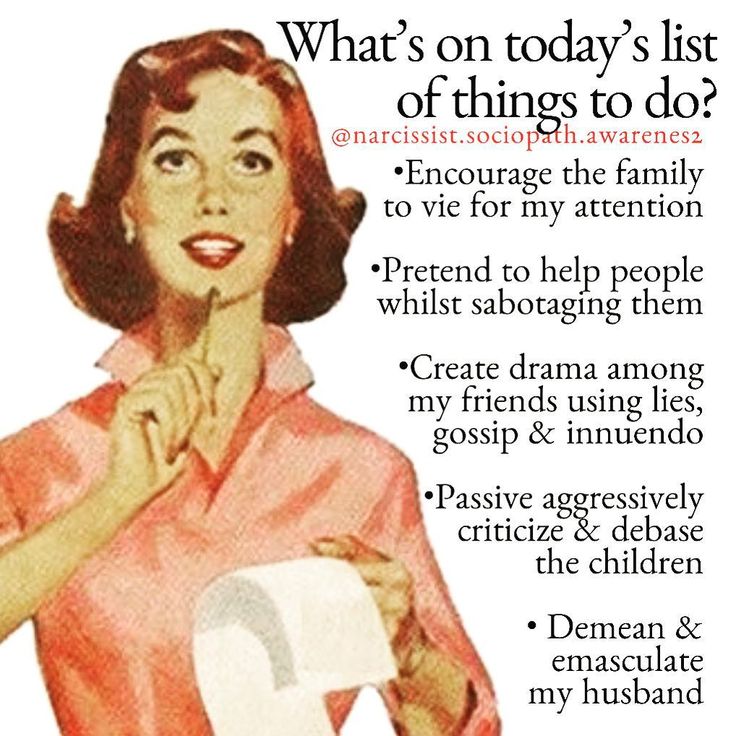 Bringing yourself back to reality is just as important, if not more so. You don't need the narcissist's permission to end this interaction and take care of yourself.
Bringing yourself back to reality is just as important, if not more so. You don't need the narcissist's permission to end this interaction and take care of yourself.
Compromise. As a general rule, narcissists are incapable of expressing disagreement peacefully, so don't count on honest negotiations with them. They will be furious if you threaten their sense of permissiveness. However, it is important to find unity with your goals, establish contacts with supportive people, connect external resources and expand your capabilities. No matter how vehemently they push your boundaries, keep doing what you do that is good for you and don't let them get away with it. As you observe and gather information about what is happening, keep all the evidence and remember that the narcissist rarely keeps his word. Strive to achieve wholeness within yourself and steadfastly resist the emotional manipulation that the narcissist is sure to use to get his way.
Active show of force. Faking confidence even when you don't feel it is even more important when interacting with a narcissist who is constantly looking for any vulnerabilities. Avoid direct confrontation whenever possible. If that's not possible, use this interaction to boost your confidence. Get a third party to mediate, witness, or give you courage. If you are usually a quiet and gentle conversationalist, in this case, speak in a firm, dry and unshakable tone. If it helps you, take a "strong posture". Maintain eye contact.
Exit strategy
If you suspect you are dealing with a narcissist, implement the steps below. You can use the acronym SUPPORT to remind yourself of your options for getting out of a situation:
About review instead of blame.
P gradual disappearance.
About tvorka.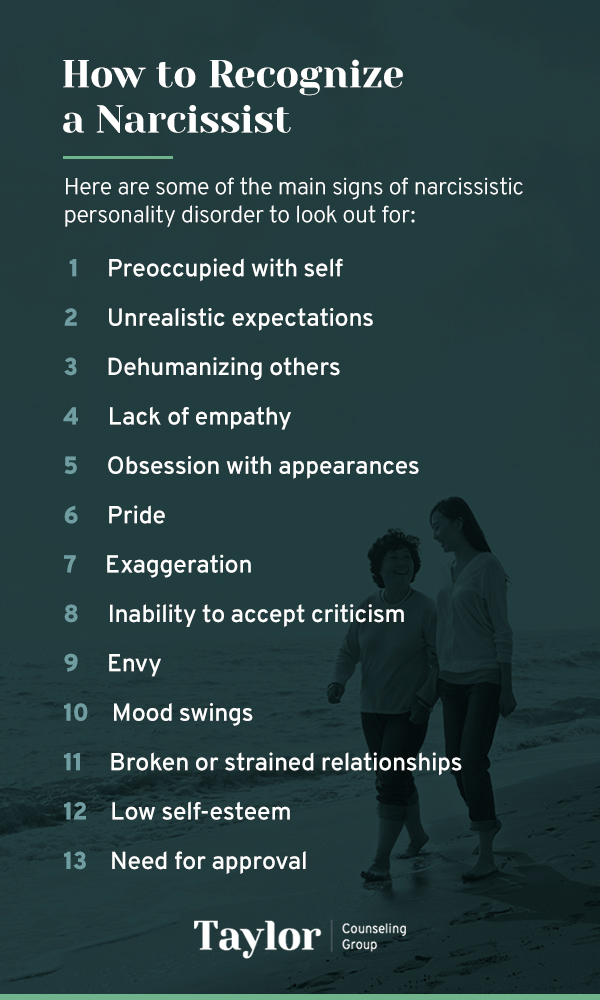
P relationship breakup and safe departure plan.
A careful observation instead of reaction.
Review instead of blame. Narcissists show their true nature more quickly if they think you have no idea who they really are. A direct confrontation with the narcissist will lead to further manipulation and narcissistic rage, which will get you even more stuck in the cycle of violence. If you suspect that a narcissist is around you, the best option is to mentally prepare for the end of the relationship, while collecting as much information as possible about his character. For example, if you are planning a divorce with a narcissist, do not tell him about it until you have completed all the necessary things: consulting with a divorce lawyer who specializes in working with conflict personalities, contacting a financial adviser who will help you deal with debts and a budget, studying guardianship legislation, opening a separate bank account and finding a place to live. Watch for red flags, and when you notice them, build self-worth by not relying on the narcissist's claims (which will most likely consist of pathological lies, gaslighting, projections, and understatements). His actions and patterns of behavior will tell you much more than any words.
Watch for red flags, and when you notice them, build self-worth by not relying on the narcissist's claims (which will most likely consist of pathological lies, gaslighting, projections, and understatements). His actions and patterns of behavior will tell you much more than any words.
Fading out. Narcissists go berserk when they are ignored and rejected. But instead of directly rejecting them, you can gradually disappear from their lives. Pretend that everything is as usual, but gradually spend less and less of your energy and time on them. Stick to monosyllabic and dry answers in conversations. Step by step, reduce your contribution to the person so that he gets used to the fact that you are not always around. Narcissists cannot stand the lack of attention, so they will try to get narcissistic reinforcement elsewhere.
Excuse. As you gradually disappear from the narcissist's life, it is important to have a convenient excuse—something he finds plausible enough to explain your withdrawal without realizing that you are actually pushing him out of your life. Pretend to be very busy with a work project, emphasize how hard you are working on a term paper, talk about a new task that takes up your time. If this causes more rage, move on to the next step.
Pretend to be very busy with a work project, emphasize how hard you are working on a term paper, talk about a new task that takes up your time. If this causes more rage, move on to the next step.
Relationship breakdown and safe exit plan. Ultimately, you will need a safe escape plan. Speak with a counseling psychologist, your company's human resources officer, or a domestic violence lawyer to develop an escape plan. Depending on the nature of your relationship with the narcissist and whether or not you live together, you may not have to organize as many activities as it seems.
Careful observation instead of reaction. If you are forced to interact with the narcissist even after the breakup (for example, in the case of co-parenting or at family events), you need to keep your emotions under control. As you already know, narcissists love to provoke you. Notice manipulation tactics, give them names, but do not show the expected reactions.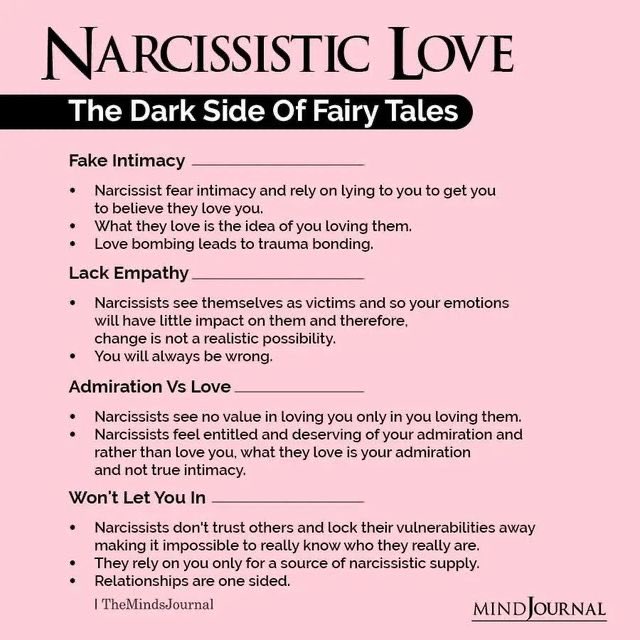 Take a conscious breath and switch to taking care of yourself. Understand exactly what they expect from you, and you will find emotional freedom from their maneuvers.
Take a conscious breath and switch to taking care of yourself. Understand exactly what they expect from you, and you will find emotional freedom from their maneuvers.
3 tricky ways to humiliate you in front of everyone that the covert narcissist uses: news, men, relationships, psychology
Russian News / Psychology
HERE News
Narcissism has been talked about more and more in recent years. But, you can find examples when men do not demonstrate negative qualities, but at first glance they seem ideal.
Hidden narcissism is not uncommon, but our reality.
Therefore, it is worth remembering 3 ways that daffodil men use to humiliate their chosen one.
Use double meaning phrases
The covert narcissist will never act harshly and openly. At the same time, men try to humiliate success, status, attractiveness and other things that a woman appreciates.
Photo: Pixabay All this is done with caution, because the narcissist is not ready for direct conflict in most situations.
We can recall a few striking examples:
1) “You have lost a lot of weight. And now your skin is sagging? How are you dealing with it?"
2) “Felt happy after the divorce? And then it will get worse, because you are alone and no one needs you.
3) “It's good that you quit your job. And now what are you going to do, you don’t know how to do anything? ”
These phrases are used regularly by narcissists to humiliate the victim. The most interesting thing is that many women do not understand what exactly a man is trying to achieve.
There is a feeling that everything is fine and the man does not say anything bad.
But, narcissists are well aware of how to humiliate and act carefully. If offensive words are said directly or humiliated in other ways, there will be an appropriate reaction to this. And if you first say a compliment, the woman will not be offended.
Switches attention
Narcissists are afraid of open conflicts, so they use various methods to quickly switch attention. A simple example: he can be rude or say in a negative way about the figure, and immediately after that he will begin to translate the topic, trying not to focus on the bad.
A simple example: he can be rude or say in a negative way about the figure, and immediately after that he will begin to translate the topic, trying not to focus on the bad.
It is not so easy to notice this, because the mood changes dramatically, but the negative always remains in the memory. Another example: a man can plan a romantic dinner, and in a minute he will begin to reproach his chosen one that she does not appreciate him at all and does not notice his efforts.
The goal is clear, the man is simply trying to humiliate his chosen one and make her guilty. A red herring simply avoids conflict.
Some men act more simply, first criticizing and then offering to buy something or do something nice.
Makes you doubt your achievements
Every person feels happy when his achievements become obvious to everyone. A simple example: if a woman is promoted at work, she will be happy.
A narcissistic man can answer: “What are you happy about? There are even more responsibilities, you won’t be at home, and the salary will hardly change.

